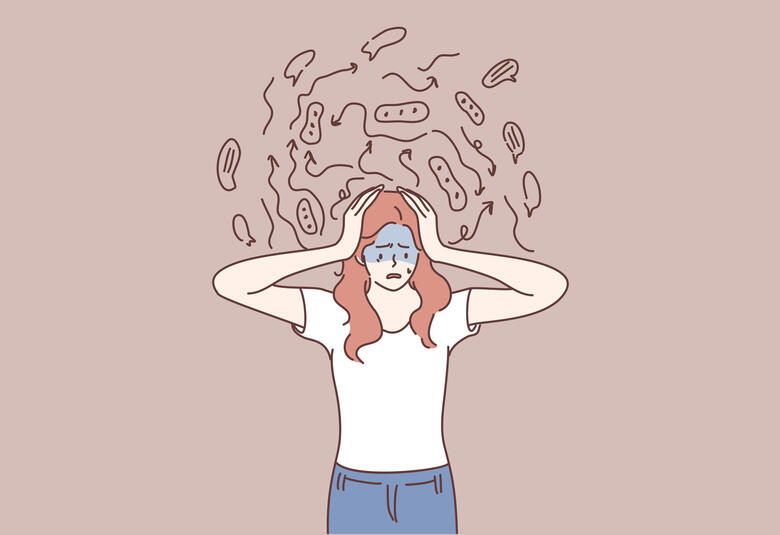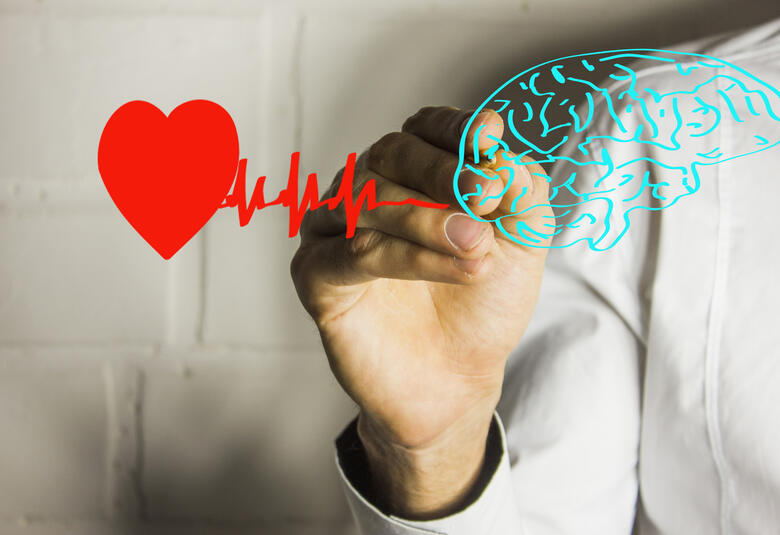In 2019, 970 million people had a mental health disorder globally.1 The stigma and discrimination experienced by people with mental health disorders affects not only those with a disorder, but also their families and support networks. Join us in celebrating World Mental Health Day 2021 and fighting mental health stigma.
Stigma is a key barrier to seeking care for mental health disorders.2 Stigma, at the personal level, may lead individuals to experience shame or reduced self-esteem, and to develop a ‘why try?’ attitude to the treatment of their mental health disorder.3
Stereotypical beliefs still exist that people with mental health disorders are dangerous, incompetent, or to blame for their disorder.3 These prejudices can affect a person’s employment, housing, and healthcare prospects.3
On a systemic level, outdated legislation and policies can discriminate against people with mental health disorders.4 In many countries, people do not have access to the basic mental health care that they require.5 In other countries, the only care available is in psychiatric institutions, which can be associated with gross human rights violations.5 Outside health care, across the world, many people with mental health disorders are denied the right to vote, marry, and have children.5
Who is most affected by stigma?Stereotyping plays a large role in the stigma surrounding mental health disorders3
Stigma is an important issue for everyone affected by mental health disorders. However, stigma related to mental health disorders can be exaggerated in certain populations.
Associations between stigma and help-seeking behaviour may disproportionately affect certain cultures due to factors such as perceived shame, desire to protect family reputation, and personal dignity.2,6
Gender disparities also exist, with men more likely to report feelings of personal stigma associated with their mental health disorder.7 People identifying as LGBTQI+ may face a lack of awareness and sensitivity towards their mental health needs by healthcare practitioners.8
Stigma in the clinicStigma can prevent people from seeking and accessing help, especially vulnerable groups and marginalised populations8
Healthcare practitioners should be aware that they can inadvertently exacerbate stigma in the clinic.3 For instance, patients have identified that, by focusing on the disorder rather than the person, doctors may become the source of the stigma.3
Additionally, some healthcare practitioners have been found to endorse, rather than expel, harmful stereotypes about mental health disorders, and to adopt a pessimistic attitude to treatment.3
Resource provision within the clinic and signposting towards other useful sources of information can equip patients with the knowledge and skills to discuss their mental health with confidence. Empowering patients through mental health literacy helps to normalise conversations about mental health and, ultimately, reduce the stigma surrounding mental health disorders.3




